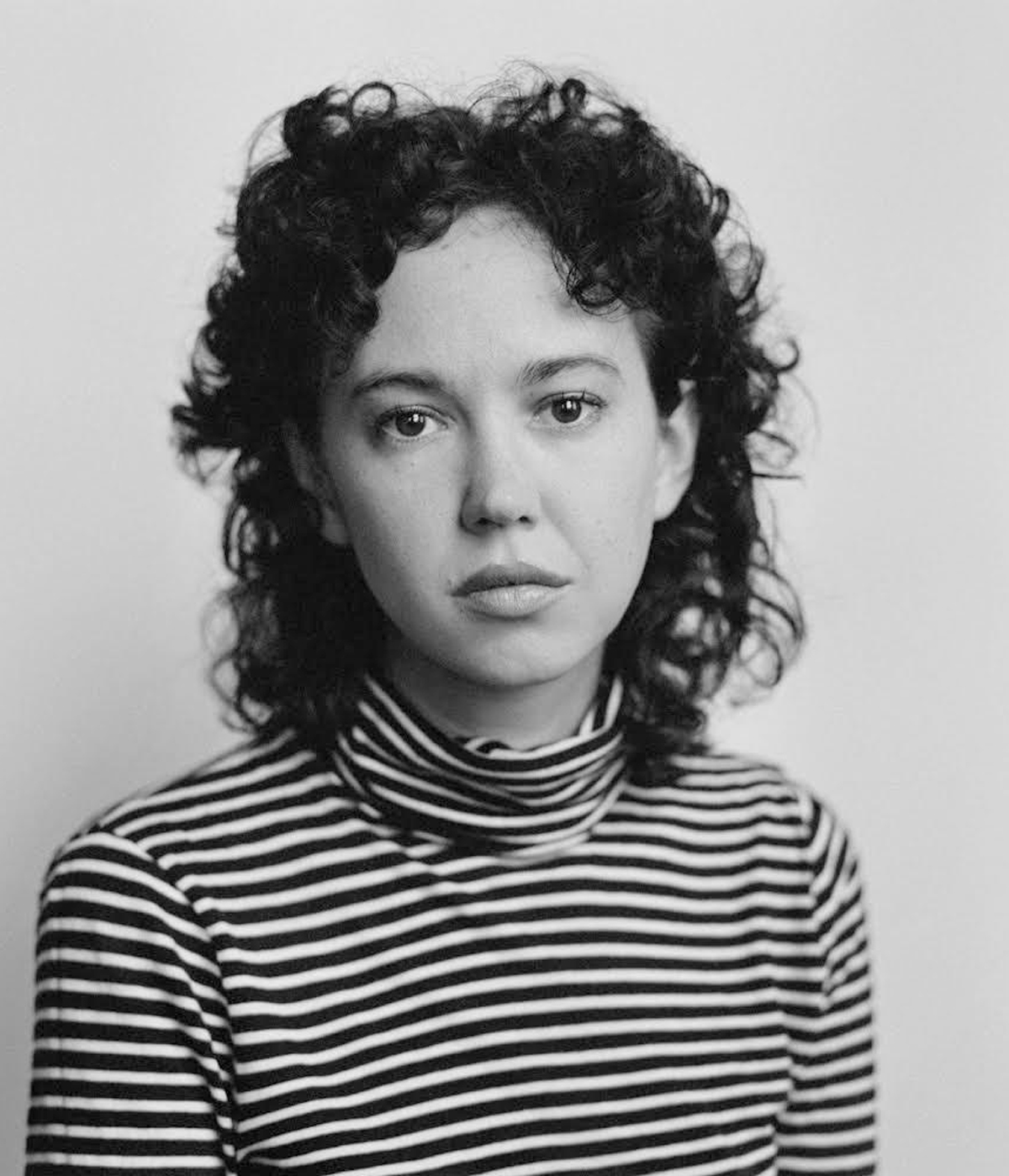
In one of the stories in her new book Artless, New York-based writer Natasha Stagg writes about a long journey home from a party. The character’s Uber driver gets distracted reading a gossip website on his phone and misses the turn towards Brooklyn. As Stagg's character loops around lower Manhattan, she starts thinking about how we’re all misdirected by our hunger for gossip. The theories and metaphors traded at cocktail parties are just a pretense because ‘the real action happens on the highway, in cars heading home to outer boroughs, a recap of everything that was missed while we were being handed champagne flutes‘.
Stagg is well versed in gossip (a chronicler of her city and its downtown scene, she cites name-dropping as one of her favourite pastimes) and it’s part of what makes Artless so enjoyable to read. The collection of stories and essays includes the obvious fodder – the party recaps, the celebrities behaving badly, the artists behind the scenes – mixed in with more relatable details, like her decision to quit social media or the exhaustion of the ‘creator economy’. Yet this gossip, thanks to Stagg’s intellect, does not feel like a misdirection. Every anecdote in Artless is a puzzle piece clicking together to create a comprehensive picture of some broader question: a story about the last China Chalet party turns into a think piece on our post-pandemic social life, a burnt-out church sets off thoughts about the complexities of enjoying work by cancelled men, and that absent-minded Uber driver triggers questions about our obsession with representation.
Stagg is often compared to artist and author Eve Babitz or writer and critic Joan Didion, and it's true that she relishes the Dionysian exploits of her city like Babitz did, as much as she dissects them with Didion’s Apollonian rigour. But Stagg is ultimately a writer of her own time and place. When she published her first collection of writing, Sleeveless: Fashion, Image, Media, New York 2011-2019, she was celebrated as an astute chronicler of our media-saturated era. Her dispatches from the fashion and celebrity landscape captured the particular decadence and dangers of the 2010s, when reality and advertising became inextricable, and living became a form of branding.

Yet, Stagg has no interest in being a reliable narrator for her generation. On the first page of Artless she writes, ‘it doesn’t matter what I think. Mostly, I think that I know nothing, and anyway, I will change my mind.’ It’s an unconventional stance to take, especially now, when intelligence, and even morality, tend to be equated with resolute opinions, more than flexible thinking. But that, Stagg tells me, is exactly what she’s working against. ‘I think my rebellion against that pressure to have a steadfast and immediate opinion is to just say that none of my opinions will stay the same,’ she says. ‘Which isn't even really that rebellious. If we look at people throughout history, their opinions change, especially if you're talking about philosophers or people who are known to have the “big” opinions. It's strange that's not the overarching lesson that we get from philosophy in general.’
That reluctance to be read as gospel explains why Artless never distinguishes between fact and fiction. ‘I don't really put much stock into the difference between fiction and nonfiction when I'm writing it,’ Stagg says. ‘I guess I would if I was writing more journalistic pieces, but these are more visual, more focused on the kind of atmosphere of the piece than the things happening within them. Even if most of what is happening in them did happen to me, it's not memoiristic. I'm writing a story using pieces of reality as my medium.’
Since so much of Stagg’s reality revolves around New York now, she is perhaps inevitably linked with the city’s current downtown scene. Yet, as she tells me, she doesn’t feel like she’s a part of that scene or any other. In fact, cultural scenes as we once knew them can no longer exist the way they used to. Instead, ‘maybe now everyone can just be in and out of scenes. It's easier to cross pollinate because it's so antiquated to have a subcultural set of indicators – like fashion or music that everybody wears or listens to. If I was to wear anything today, it wouldn't be that off the mark unless it was politically incorrect. Nobody's getting on each other's case anymore about being an ‘authentic’ version of a subculture anymore.’
And therein lies the question that seems to be at the heart of all of Stagg’s writing: how can we be authentic in a time when everything from our creative endeavors to our personal lives has become a form of branding? She would be the first to tell you that she doesn’t know the right way, but it’s fun to go on the ride with her anyway.
Also available from Amazon and Barnes & Noble







